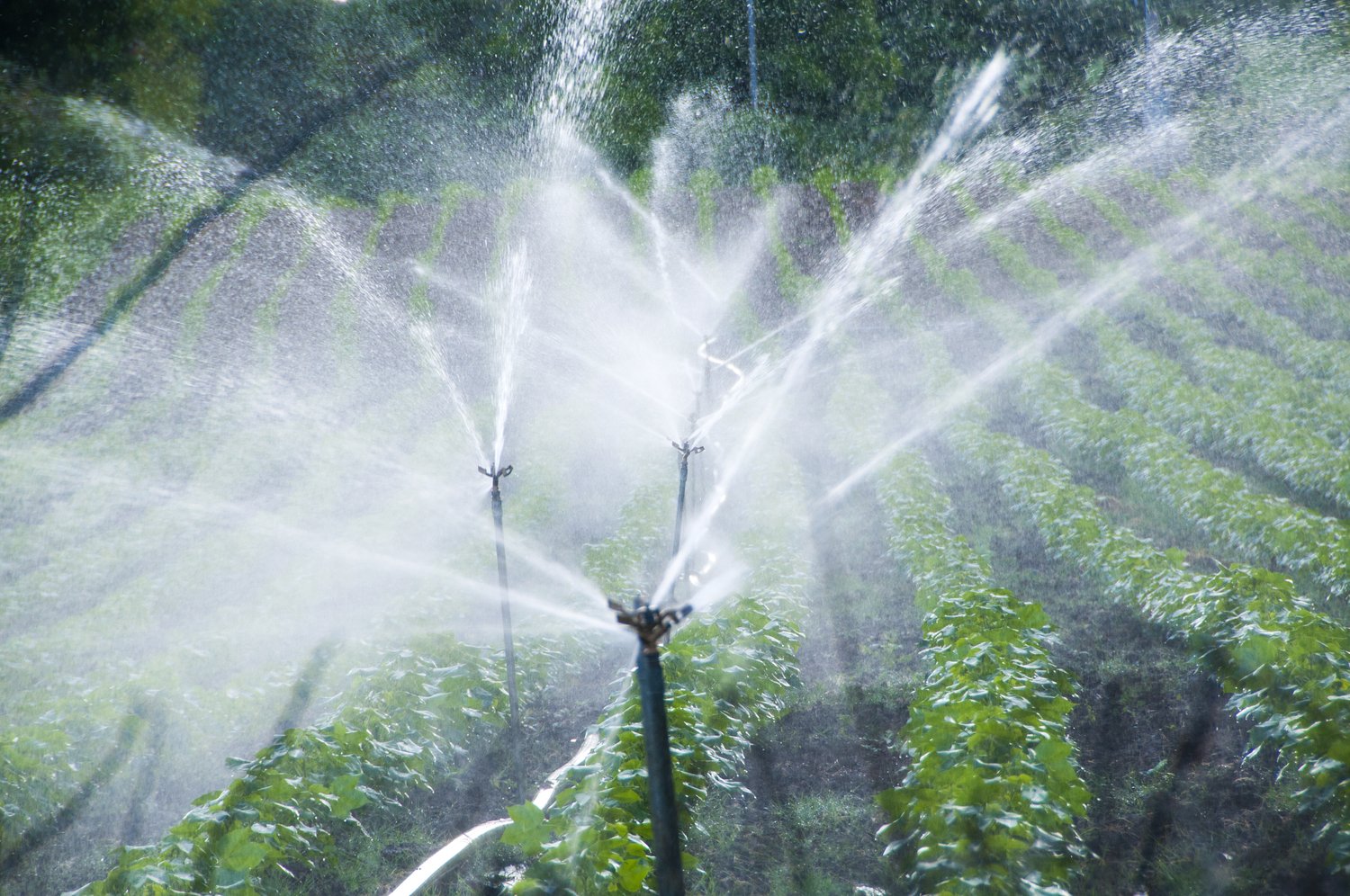Smart irrigation systems have revolutionized how we manage water resources, but are you aware of the hidden complexities that can impact their efficiency? Delving into the intricacies of valve control and scheduling, this article showcases the critical factors that can make or break your irrigation setup. By understanding these components, you can ensure a reliable and sustainable system that meets your landscaping needs.
- Discover the primary causes of failures in smart irrigation systems, particularly in valve function and schedule inconsistencies.
- Gain insights into diagnosing valve control issues, preventing water wastage and ensuring proper plant hydration.
- Learn how to optimize irrigation schedules to align with environmental conditions, minimizing scheduling-related disruptions.
This exploration into smart irrigation system failures and solutions offers practical approaches to enhance water management and system reliability. Dive in to unlock the potential of your current setup and pave the way for efficient, sustainable irrigation practices.
Understanding Smart Irrigation System Failures: Valve Control and Schedule Solutions
Smart irrigation systems are transforming how we manage water in our gardens and landscapes, but they are not without their challenges. A primary concern is the failure of valve control and scheduling, which can hinder system effectiveness.
Valve malfunctions are a common issue, often attributed to hardware limitations or improper installation. A stuck valve can result in water wastage, while faulty operation might lead to insufficient watering of your plants. These issues often stem from environmental factors such as weather conditions or wear and tear on components, underscoring the importance of choosing high-quality materials and regularly maintaining your system.
Discrepancies in scheduling are another critical factor. Improperly configured schedules, perhaps due to user error or software glitches, can lead to overwatering or underwatering. Considering environmental conditions and plant-specific needs when setting schedules is essential to optimize performance.
Understanding these common causes of failures can help in preemptively addressing them and ensuring efficient water management.
Diagnosing Valve Control Issues in Smart Irrigation Systems
Diagnosing valve control issues in smart irrigation systems is crucial for preventing water wastage and ensuring your plants receive adequate watering. Common problems include stuck valves or incorrect valve operation, both of which can be traced back to a few pivotal sources.
A stuck valve can arise from debris or mineral buildup within the valve mechanism. Regular cleaning and inspection can help mitigate this problem. Ensuring the valve’s electrical connections are secure can also prevent operational failures, as loose connections might lead to improper valve actuation.
Incorrect valve operation, such as valves opening or closing at the wrong times, often indicates a scheduling error or a software malfunction. It’s essential to verify the system’s programming and confirm that firmware updates are applied regularly to keep the system running smoothly.
Adopting these troubleshooting techniques will help maintain the reliability and efficiency of your smart irrigation system, contributing to optimal water management and plant health.
Optimizing Scheduling to Mitigate Smart Irrigation System Failures: Valve Control and Schedule Solutions
Effective scheduling in smart irrigation systems is crucial for ensuring the optimal use of water resources while maintaining healthy landscapes. To reduce the risk of scheduling-related failures, it’s vital to design a watering schedule that aligns with both environmental conditions and the specific needs of your plants.
Start by assessing the climate and weather patterns in your area. An understanding of seasonal rainfall and temperature fluctuations will assist in setting up precise watering intervals. Installing weather sensors that sync with your smart irrigation system can enhance real-time responsiveness, allowing the system to adjust automatically to changes in weather, such as unexpected rainfall or extreme heat.
Check plant types and their watering requirements, as different species have varied needs. Grouping plants with similar moisture needs can optimize water distribution and minimize waste. Utilize soil moisture sensors to further customize the watering schedule. These sensors provide feedback on soil saturation levels, ensuring plants receive just the right amount of water without excess.
Consider implementing a cycle and soak approach, where water is applied in shorter bursts with rest periods in between. This method encourages deeper root growth by allowing water to penetrate the soil effectively.
Lastly, routinely review and adjust the smart irrigation schedule. Seasonal changes and plant growth may require schedule updates to maintain efficiency. Regular evaluations will help identify any discrepancies or failures in the scheduling mechanism, ensuring your smart irrigation system operates at peak performance.
By configuring an adaptive and responsive watering schedule, you enhance the overall efficiency of your smart irrigation system. This not only ensures better plant health but also contributes significantly to sustainable water management practices.
Frequently Asked Questions on Smart Irrigation System Failures
What are common reasons for valve control failures?
Valve control failures often arise from power issues, wiring defects, or debris obstructing the valve mechanism.
How can scheduling issues affect my irrigation system?
Improper scheduling may lead to overwatering or underwatering, affecting plant health and water usage efficiency.
What is a simple way to troubleshoot a stuck valve?
Inspect for debris around the valve and ensure electrical connections are secure. Resetting the controller might also help.
Why is my system not following the set schedule?
Check for power losses, controller malfunctions, or incorrect time settings that may disrupt scheduling.
How often should I maintain my smart irrigation system?
Regularly inspect valves, controllers, and wiring every few months to ensure optimal performance and to prevent failures.





